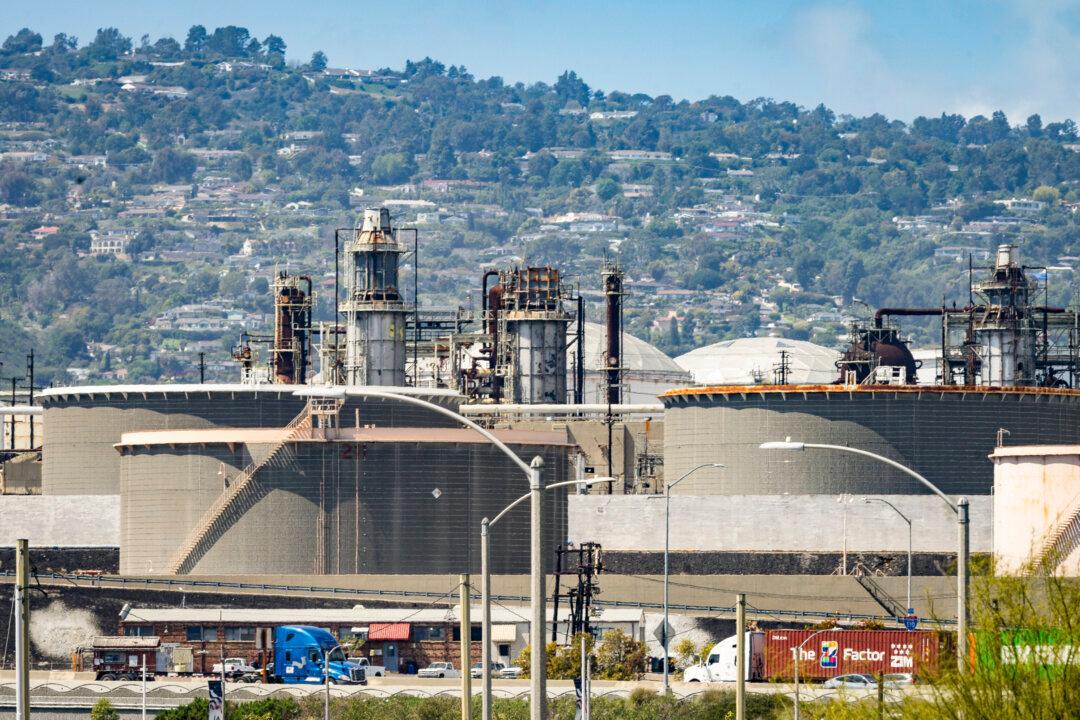Analysts say Californians could be paying significantly more for gasoline with the impending closure of two Phillips 66 refineries in Los Angeles, which account for about 8 percent of the state’s oil refining capacity, by the end of 2025.
Valero Energy Corp. on April 16 separately announced that it will shut down or restructure its Benicia refinery in the San Francisco Bay area—which accounts for about 9 percent of state refining capacity—by April 2026, increasing concerns over gas prices and supply.





